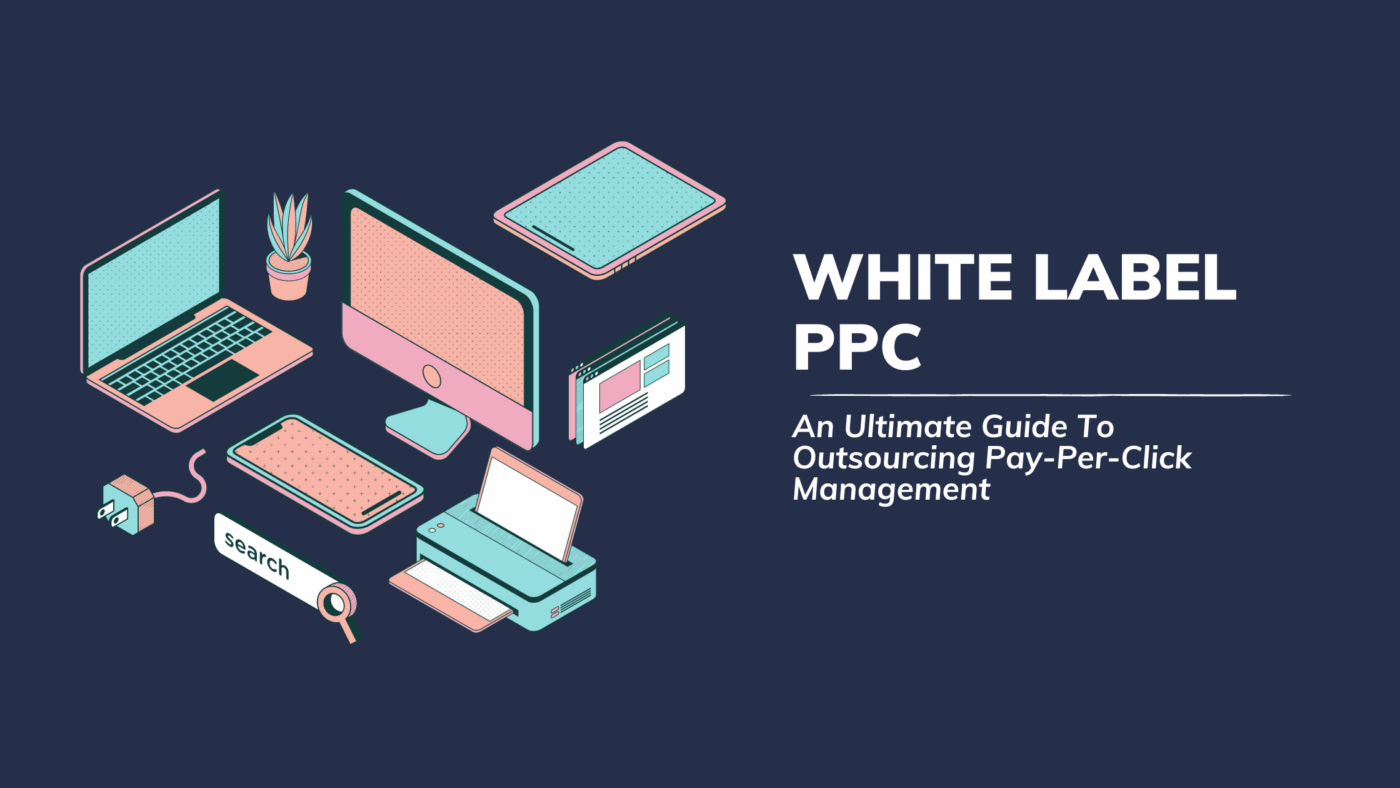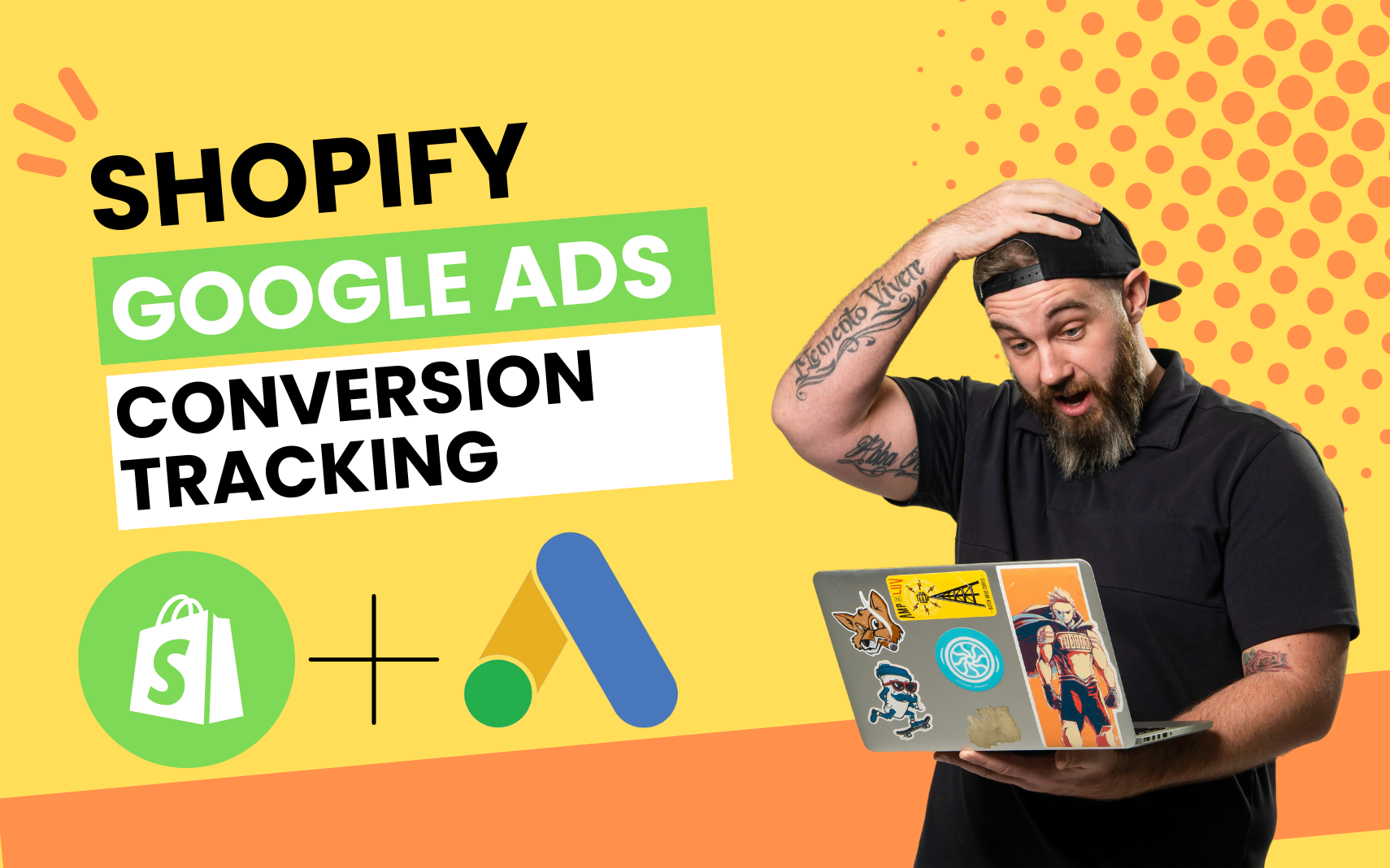White Label PPC: The Ultimate Guide to Outsourcing Pay-Per-Click Management

In the realm of digital marketing, Pay-Per-Click (PPC) stands as a cornerstone, driving measurable and immediate traffic to businesses in need of online visibility. As an anecdote, consider a burgeoning e-commerce platform that, through strategic PPC campaigns, transformed from obscurity to a highly visible digital contender.
PPC demands expertise.
Managing a successful PPC campaign requires continuous optimization and in-depth analysis, challenging in-house teams often already stretched thin. White label PPC solutions offer the respite needed, enabling agencies to support their clients’ needs without expanding their internal workforce.
Understanding White Label PPC
White label PPC refers to the delegation of pay-per-click campaign management to a specialized third party, which operates under your brand’s guise. By integrating these external experts into your service portfolio, you enhance your agency’s capacities while maintaining a seamless client experience.
In an environment where expertise is paramount and client satisfaction is non-negotiable, outsourcing PPC through white labeling provides a covert infrastructure for growth. This model allows your agency to scale efficiently, tapping into the expertise of seasoned PPC professionals without the overhead associated with expanding your in-house team.
Defining the Service
White label PPC is the strategic delegation of pay-per-click management to expert third-party providers.
By outsourcing PPC, agencies can offer expanded services without the need for in-house specialization or investment.
This service model aligns with agencies aiming to broaden their proficiency spectrum, heighten operational efficiency, and enhance client satisfaction, all while maintaining brand consistency.
Outsourcing to a white label solution allows for scalability and flexibility, providing a comprehensive approach to client campaigns without heavy investment in resources or talent.
Pros and Cons of Going White Label
White label PPC expands service offerings significantly.
Agencies gain immediate access to an expanded range of services by leveraging white label PPC partnerships. This expansion enables agencies to cater to varied client needs with greater precision, offering turnkey solutions that drive performance. However, reliance on external partners can introduce variables outside an agency’s direct control, potentially impacting the nimbleness with which services are delivered.
There’s freedom from extensive training.
Employing a white label solution circumvents the necessity for extensive employee training and development in the intricacies of PPC management. As a result, agencies can focus resources on core competencies and strategic growth without the added burden of keeping teams adept in the rapidly evolving PPC landscape.
However, branding may be less visible.
Client confidence can be bolstered through white label – by association with broadened expertise and increased capacity. Yet, this expansion must be tempered with protocols to ensure that the agency’s branding and client relationships remain at the forefront of service interactions.
Adapting to market trends becomes streamlined.
Outfitted with a robust suite of white label PPC solutions, agencies are more agile in accommodating market shifts and innovations, staying ahead of the curve. This advantage ensures that client strategies are not only current but also optimized for performance per the latest industry standards and practices.
But, careful vetting is absolutely essential.
A paramount consideration in adopting white label solutions is the due diligence necessary to ensure that the partnering entity upholds the same high standards and client service commitment. As digital marketing pivots and advances, only those partnerships that bring value and uphold quality will sustain in the competitive 2023 landscape. Choosing the wrong provider can jeopardize both agency reputation and client success, reinforcing the importance of judicious selection in the white label space.
Ideal White Label PPC Clients
White label PPC services best suit marketing agencies that wish to scale without increasing overhead costs significantly.
Traditional marketing firms seeking digital transformation are also prime candidates.
Expansion-oriented agencies without in-house PPC expertise stand to benefit from the specialized skills and technology of a white label provider. This partnership allows for a broadened service offering and increased client satisfaction without the need for substantial infrastructure development.
Larger entities with fluctuating project volumes utilize white label PPC to handle excess demand and maintain quality service. By offloading to a trusted partner, these agencies ensure continuous optimization and management of campaigns, driving consistent results for clients across various industries.
Selecting Your White Label Partner
The search for an exceptional white label PPC provider necessitates diligence and precision. Before solidifying a partnership, evaluate potential candidates against rigorous criteria, including track record, industry expertise, and technological adeptness. This scrutiny ensures an alignment of capabilities with your agency’s objectives and client expectations.
Selection hinges on ensuring a partner’s approach resonates with your brand values and operational ethos. Verify their capacity for seamless integration with your current practices to create a cohesive and indistinguishable service experience for your clients.
Essential Criteria for Selection
Selecting the right white label PPC partner hinges on a meticulous evaluation of their expertise and alignment with your agency’s strategic goals.
- Proven Track Record: Scrutinize their historical performance data and client testimonials to gauge reliability and success rates.
- Industry Expertise: Ensure they possess a deep understanding of various industries and can tailor campaigns appropriately.
- Technological Proficiency: Examine their use of cutting-edge tools and platforms for PPC management and analytics.
- Scalability and Flexibility: Ascertain their ability to scale services in response to your fluctuating client demands.
- Communication and Reporting: Prioritize partners with transparent communication channels and comprehensive reporting structures.
- Cost-Effectiveness: Analyze their pricing models to ensure they offer a competitive edge without compromising on quality.
A seamless integration with your existing operations is paramount for a frictionless client experience.
Delve into their strategies for campaign optimization and continuous improvement to confirm they can deliver consistent results.
Red Flags to Avoid
Beware of excessively low pricing structures.
When evaluating potential white label PPC partners, a cost that seems too good to be true might indicate poor service quality. Anomalously low rates can signal inexperienced staff, cut corners in campaign management, or outdated techniques—all detriments to your client’s success and ultimately, your reputation.
Avoid firms without a clear communication plan.
A partner’s unwillingness to engage in frequent, transparent communication is a serious concern. Regular updates, campaign adjustments, and open dialogue are vital for effective PPC management. Absence of these will obscure campaign performance and hinder your ability to relay information to clients.
Steer clear of those without proven track records.
Interact with caution when a partner cannot showcase a portfolio of successful PPC campaigns. Client confidentiality is understandable, but a complete lack of evidence or reluctance to discuss previous work often reflects limited experience or subpar results.
Do not overlook a lack of case studies or testimonials.
Genuine success stories and client feedback are indicators of a partner’s competence and reliability. A void of these validations in 2023 might suggest they have no satisfied clients to speak of or a history of unsuccessful campaigns—both reasons for deep concern in a partnership.
Comparing Top Providers
When selecting a PPC management provider, industry reputation is paramount. Consider a firm’s standing among peers and clients alike.
Since 2016, performance metrics have become a crucial element of evaluation, highlighting the importance of data-driven results over mere narrative.
Today, the market offerings are diverse, from boutique agencies to multinational corporations—each promising unparalleled service and ROI.
Examine each provider’s technological capabilities, from AI-driven automation to sophisticated bidding algorithms, as these play a defining role in campaign optimization.
Efficiency in campaign management is not to be undervalued, especially when scalability and adaptability are key to client satisfaction.
Integrating White Label PPC Services
Integration of White Label PPC into your service repertoire enhances your agency’s capacity for campaign management and scalability. As you incorporate these outsourced solutions, it ensures a seamless alignment of strategies, objectives, and performance benchmarks. This congruence is critical for maintaining the integrity of your service delivery, while extending your agency’s capabilities to meet diverse client needs.
To facilitate a smooth transition, fostering an ecosystem where your existing infrastructure supports and synergizes with the White Label PPC provider’s expertise is essential. Adopting their advanced tools and methodologies not only broadens your own team’s acumen but also elevates the overall performance metrics for your clients’ campaigns.
Onboarding Processes Simplified
Streamlining the onboarding process is crucial in facilitating a quick and effective transition.
- Engage in preliminary discussions to understand the client’s needs and objectives.
- Collect all necessary account details such as login credentials and historical data.
- Establish communication protocols to ensure smooth interaction and updates.
- Define the scope of services, including campaign objectives, KPIs, and budgets.
- Craft a strategic action plan that aligns with the client’s goals and expectations.
- Implement advanced tracking and reporting mechanisms to monitor campaign performance.
Clear communication and structured steps are the bedrocks of a successful onboarding.
Accurate alignment of service scope with client expectations lays the foundation for a successful PPC campaign partnership.
Managing Client Expectations
Effective client management begins at the inception of the PPC partnership. Establishing realistic and precise expectations is pivotal to fostering a long-term and successful working relationship. Carefully delineating potential outcomes and timeframes ensures clients harbor achievable aspirations, preventing future discontent and misunderstandings.
To safeguard this alignment, articulate the intricacies of PPC campaigns, factoring in variability and the often-unpredictable nature of digital advertising markets. Establish transparent benchmarks and milestones that are in sync with the client’s business objectives to traverse the journey of growth together. Clearly reasoned and data-backed dialogue nurtures a client’s understanding and patience, which is vital when navigating the ebb and flow of PPC campaign performance.
Moreover, consistent and proactive communications serve as a linchpin in the management of client expectations. Presenting regular, comprehensive performance reports not only reinforces trust but also provides a platform for ongoing strategy refinement. Being candid about the successes as well as the challenges helps to align clients’ expectations with the fluid dynamics of PPC campaigns.
In summary, managing client expectations is an exercise in balancing aspirations with industry realities. Adopting an approach that embraces transparency, education, and open dialogue can significantly mitigate disparities between anticipated and actual campaign outcomes. It is imperative that agencies endeavor to remain at the forefront of PPC trends and market fluctuations, ensuring that they can provide informed counsel and nimble responses to the inevitable shifts within the digital advertising landscape.
Communication Best Practices
Establish a transparent dialogue from the outset.
Effective communication is pivotal for fostering client trust and ensuring a seamless workflow. Regular check-ins facilitate a mutual understanding of campaign objectives and performance metrics, leading to a sustained partnership. Moreover, it’s essential to set clear expectations early on to minimize the scope for misunderstandings or misaligned objectives.
Utilize concise and clear language in reports.
When disseminating data, opt for clarity over complexity – it’s not what you say, but how you articulate it. Distilling intricate PPC data into comprehensible insights is crucial for keeping clients informed and engaged, without overwhelming them with industry jargon.
Consistency in updates builds reliability.
Scheduled reporting and updates offer a rhythm of reliability that clients appreciate. This consistency not only demonstrates your agency’s commitment to their success but also ensures that you remain proactive in addressing any issues that may arise.
Tailor communication to stakeholder needs.
Understand the communication preferences of each client you serve – from the granularity of the report to the mode of the delivery. Customizing your approach ensures that the insights you provide are not just heard, but fully grasped and valued, thereby reinforcing the client’s confidence in your service.
Invest in state-of-the-art communication tools.
Embrace the latest technological solutions to streamline communication and increase efficiency. Investing in advanced communication platforms adheres to the highest standards of professionalism and matches the fast-paced nature of the PPC industry. Tools that offer real-time updates and collaborative features will distinguish your agency in a crowded marketplace.
Maximizing Outsourced PPC Results
To zealously amplify the outcomes of outsourced PPC campaigns, rigorous attention must be dedicated to the harmonization of your agency’s strategic expertise with your outsourced partners’ tactical execution. It’s critical to establish clear, achievement-oriented goals whilst building a robust framework for ongoing optimization and analysis. Employing meticulous tracking and data-driven decision-making can elevate the impact of every digital advertisement, culminating in a judiciously managed campaign that not only reaches but surpasses the anticipated return on investment. Thus, the intertwining of meticulous strategizing with proficient execution underscores the quintessence of scaling PPC results in the white-label paradigm.
Tracking Performance Metrics
In the realm of PPC, metric-tracking is the compass by which campaigns navigate toward success, offering quantifiable insights into performance.
Key metrics include Click-Through Rate (CTR) and Conversion Rate, which illuminate user engagement and behavior.
These indicators are critical for assessing the efficacy of ad copy and targeting strategies, serving as a barometer for determining adjustments and enhancements. Accurate tracking ensures a clear understanding of the cost implications relative to the value provided, such as Cost Per Acquisition (CPA) and Return on Ad Spend (ROAS).
Comprehensive data analysis allows for the proactive identification of trends and patterns. This discernment is the foundation for strategic decision-making, enabling the pursuit of optimization in a data-driven manner. Therefore, a deep dive into metrics can encapsulate a narrative that goes beyond surface-level statistics, offering a more nuanced understanding of campaign performance and user interaction.
Adjusting Strategies for Better ROI
Optimizing pay-per-click strategies necessitates a rigorous analysis of campaign data to enhance return on investment (ROI).
- Refine keyword targeting by analyzing search term reports and shifting focus to high-performing queries.
- Improve ad copy and creatives based on A/B testing results to increase engagement and conversions.
- Adjust bids and budgets by evaluating the performance of different segments to allocate resources more effectively.
- Tailor landing pages to ensure a cohesive user experience that aligns with the ad’s messaging.
- Utilize retargeting tactics to re-engage previous visitors and increase conversion opportunities.
- Leverage machine learning algorithms for more precise bidding strategies and improved targeting.
Seamless adaptation to emerging trends and audience behavior is key to maximizing ROI.
Implementing ongoing refinements ensures the dynamism and responsiveness of your PPC campaigns.
Scaling Your Agency with White Label Services
Embrace the strategic potential of collaboration.
White Label PPC allows for robust agency expansion. By forming alliances with specialized white-label providers, your agency can offer comprehensive PPC management services without the overhead associated with in-house team expansion. Furthermore, this approach can lead to stronger client retention by delivering enhanced service offerings.
Enhance your service portfolio efficiently.
Partner with experts to deliver excellence. Outsourcing through white label solutions allows you to leverage their expertise and technology, enabling you to compete with larger agencies while maintaining a lean operation.
White label services cater to your expanding client needs. They provide the resources and expertise necessary for superior campaign management in the rapidly evolving PPC landscape, ensuring you stay ahead of the curve in 2023 and beyond. With expert partners, your agency can offer sophisticated campaign strategies without the need for extensive internal capacity building.
How can white label PPC help agencies and resellers?
White label PPC can greatly benefit agencies and resellers in several ways. By utilizing white label PPC services, these businesses can enhance their offerings and generate more revenue without the need to invest in building their own in-house PPC team. Here are some key advantages:
1. Expand service offerings: White label PPC allows agencies and resellers to offer comprehensive digital marketing solutions to their clients. By outsourcing PPC management to a white label provider, agencies can focus on their core competencies while still providing a full suite of services. This enables them to attract more clients and retain existing ones, leading to increased profitability.
2. Expertise and efficiency: White label PPC providers specialize in managing and optimizing PPC campaigns. They have a team of experienced professionals who stay updated on the latest industry trends and best practices. This expertise ensures that campaigns are set up correctly, targeting the right keywords and demographics, and delivering optimal results. By partnering with a white label provider, agencies can leverage this expertise and deliver top-notch PPC services to their clients.
3. Time and cost savings: Building and maintaining an in-house PPC team can be time-consuming and expensive. It requires hiring and training staff, investing in PPC software and tools, and constantly staying up-to-date with industry changes. With white label PPC, agencies and resellers can save time and money by outsourcing these tasks to a dedicated provider. They can focus on sales, client relationships, and strategic growth, knowing that their clients’ PPC campaigns are in capable hands.
4. Scalability: As agencies and resellers grow, they may face challenges in scaling their operations to meet the increasing demands of their clients. White label PPC services offer a solution to this problem by providing the resources and expertise necessary for superior campaign management. By partnering with a white label provider, agencies can easily scale their operations without the need for extensive internal capacity building. This allows them to take on more clients and manage larger campaigns while maintaining a lean and efficient operation.
In conclusion, white label PPC services offer numerous advantages for agencies and resellers in the digital marketing industry. By leveraging the expertise and resources of a white label provider, agencies can expand their service offerings, enhance their client retention, and increase their profitability. Additionally, white label PPC allows for seamless scalability, ensuring that agencies can meet the growing demands of their clients without overwhelming their internal resources. As the PPC landscape continues to evolve, white label services provide a valuable solution for agencies looking to stay ahead of the curve and deliver exceptional results for their clients.
How can white label PPC help me scale my digital marketing business?
White label PPC, or Pay-Per-Click advertising, can be a powerful tool in scaling your digital marketing business. By leveraging white label PPC services, you can capitalize on the expertise of a specialized provider while maintaining your brand identity and adding value to your clients. Here are some ways in which white label PPC can help you scale your digital marketing business:
1. Access to Expertise: White label PPC providers have a team of experienced professionals who specialize in managing PPC campaigns. By partnering with them, you gain access to their expertise, which can be especially beneficial if you don’t have the in-house resources or skills to handle PPC campaigns effectively. Their knowledge of PPC strategies, keyword research, ad copywriting, and campaign optimization can significantly enhance your digital marketing offerings.
2. Efficient Campaign Management: Managing PPC campaigns can be time-consuming and requires constant monitoring and optimization. By outsourcing this work to a white label PPC provider, you free up your time to focus on other aspects of your business, such as client acquisition and strategy development. Additionally, white label PPC providers often have advanced tools and technologies to streamline campaign management and deliver better results efficiently.
3. Scalability and Flexibility: White label PPC services allow you to offer PPC solutions to your clients without having to invest in building your own PPC team. This scalability and flexibility enable you to take on more clients, increase revenue, and expand your business without the burden of hiring and training additional staff. You can easily adjust the volume of PPC campaigns based onclient demand, ensuring that you can meet the needs of your growing business.
4. Enhanced Client Retention: By providing white label PPC services, you can offer a comprehensive digital marketing solution to your clients. This not only strengthens your client relationships but also increases client retention. When clients can rely on you for all their digital marketing needs, including PPC, they are more likely to stay with your agency for the long term.
5. Increased Profitability: White label PPC services can be a profitable addition to your digital marketing business. By outsourcing PPC campaign management, you can save on overhead costs associated with hiring and training an in-house PPC team. This allows you to allocate your resources more effectively and maximize your profitability.
6. Focus on Core Competencies: As a digital marketing agency, your core competencies may lie in strategy development, creative content creation, or client relationship management. By partnering with a white label PPC provider, you can focus on what you do best while leaving the technical aspects of PPC campaign management to the experts. This helps you maintain a competitive edge and deliver high-quality services to your clients.
White label PPC services offer significant benefits for scaling your digital marketing business. By leveraging the expertise of a specialized provider, you can enhance your service offerings, increase client retention, and maximize profitability. With white label PPC, you can focus on your core competencies while leaving the technical aspects of campaign management to professionals. This allows you to scale your operations and take on more clients.




